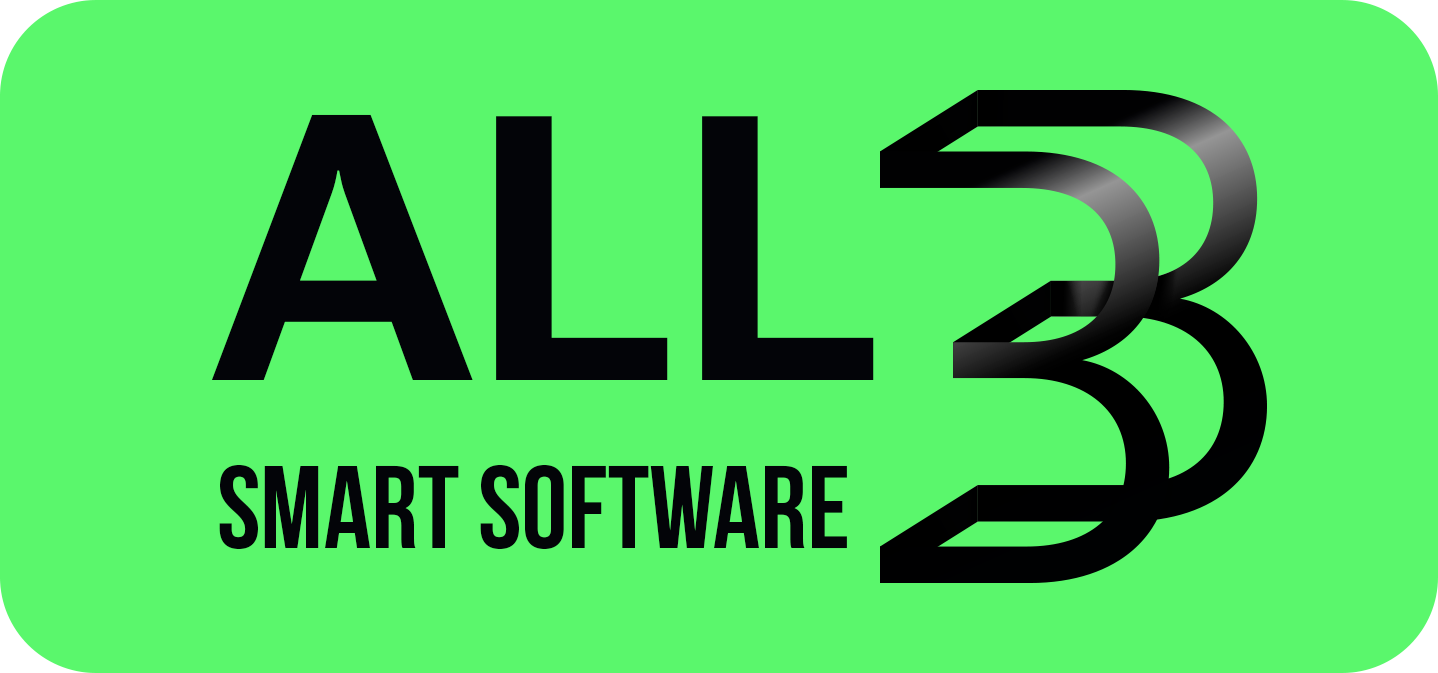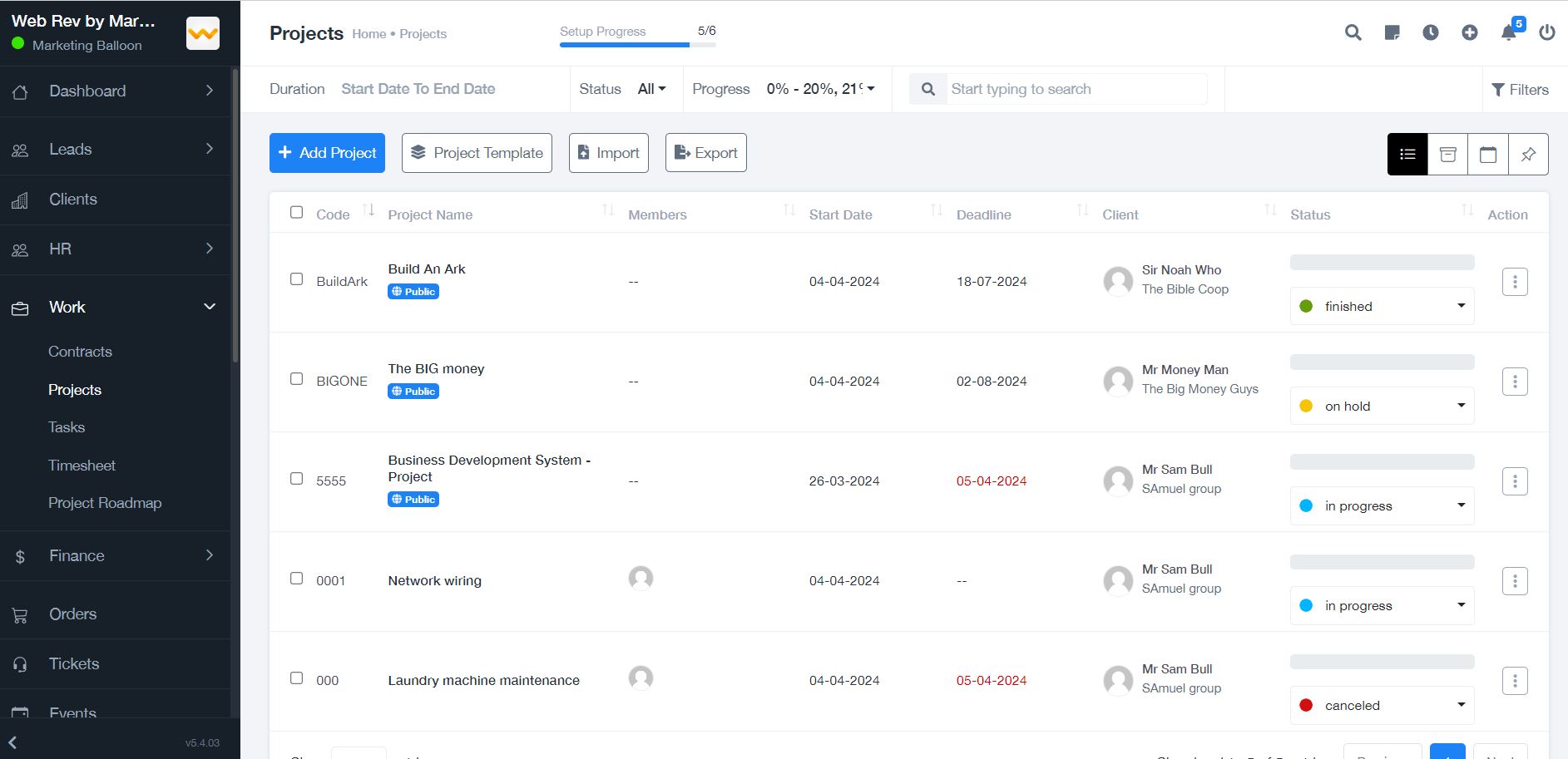Project Management
Our Project Management Module in an all-in-one business management system allows businesses to plan, organize, execute, and track projects effectively. Here's a comprehensive list of the key features that make a project management module robust and efficient:
1. Project Planning and Scheduling
This feature provides the foundation for project management, allowing teams to plan and schedule projects. It typically includes:
- Project timeline creation with Gantt charts
- Task creation and assignment
- Milestone setting and tracking
- Resource allocation and scheduling
2. Task and Workflow Management
To keep projects on track, task and workflow management features are essential. This feature typically includes:
- Task breakdown structure (TBS)
- Kanban boards for visual task management
- Task dependencies and critical path analysis
- Automation of task transitions and workflow processes
3. Collaboration Tools
Effective communication and collaboration are key to successful project management. This feature provides:
- Integrated communication tools (chat, email, video conferencing)
- File sharing and document collaboration
- Team collaboration spaces and discussion forums
- Integration with external collaboration platforms (e.g., Slack, Microsoft Teams)
4. Resource Management
Resource management helps ensure that the right people and assets are available for project success. It typically includes:
- Resource allocation and capacity planning
- Availability tracking and conflict resolution
- Time tracking for individuals and teams
- Integration with HR and resource databases
5. Budgeting and Cost Management
Controlling project costs is vital to staying within budget. This feature offers tools for:
- Project budgeting and cost estimation
- Expense tracking and reporting
- Integration with the Finance Management Module for real-time cost updates
- Budget variance analysis and alerts
6. Risk Management
Every project comes with risks that need to be identified and mitigated. The risk management feature provides:
- Risk identification and assessment tools
- Risk mitigation planning
- Risk tracking and reporting
- Integration with project milestones for risk assessment checkpoints
7. Project Reporting and Analytics
Project reporting and analytics help project managers make informed decisions. This feature typically includes:
- Customizable project reports (progress, status, budget, etc.)
- Real-time dashboards with key performance indicators (KPIs)
- Data visualization tools for project insights
- Integration with business intelligence platforms for advanced analytics
8. Document Management
Project documentation is crucial for maintaining project integrity and compliance. This feature includes:
- Centralized document storage and organization
- Version control and document history tracking
- Integration with project tasks and milestones
- Access controls and permissions for document security
9. Integration with Other Modules
A strong Project Management Module integrates with other business functions to ensure seamless operations. This integration may include:
- Finance Management for cost tracking and budgeting
- Inventory Management for tracking project-related assets
- Customer Relationship Management (CRM) for client interactions
- Human Resources for resource allocation and time tracking
10. Client and Stakeholder Management
Managing client and stakeholder relationships is key to project success. This feature offers tools for:
- Client communication and feedback
- Stakeholder management and reporting
- Integration with customer relationship management (CRM) systems
- Project status updates and client access to project portals
These features work together to create a comprehensive project management module that supports effective project execution, fosters collaboration, and ensures that projects are completed on time and within budget. The integration with other business modules allows for a seamless flow of information across the organization, enabling more informed decision-making and improved project outcomes.


